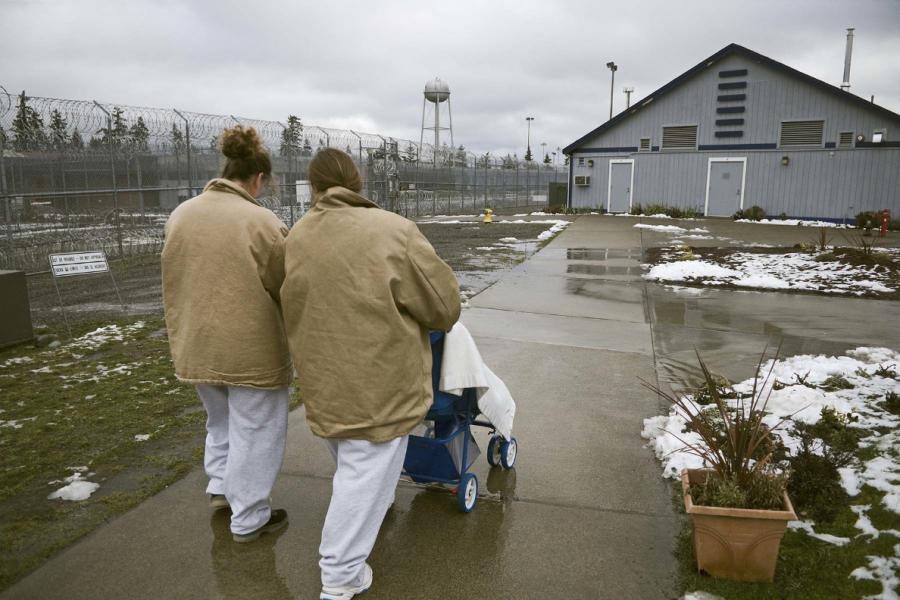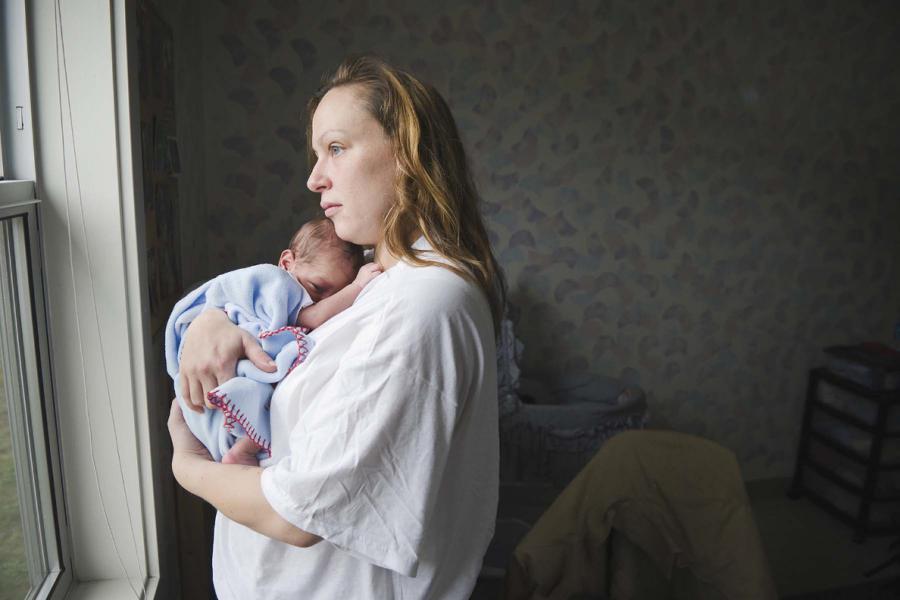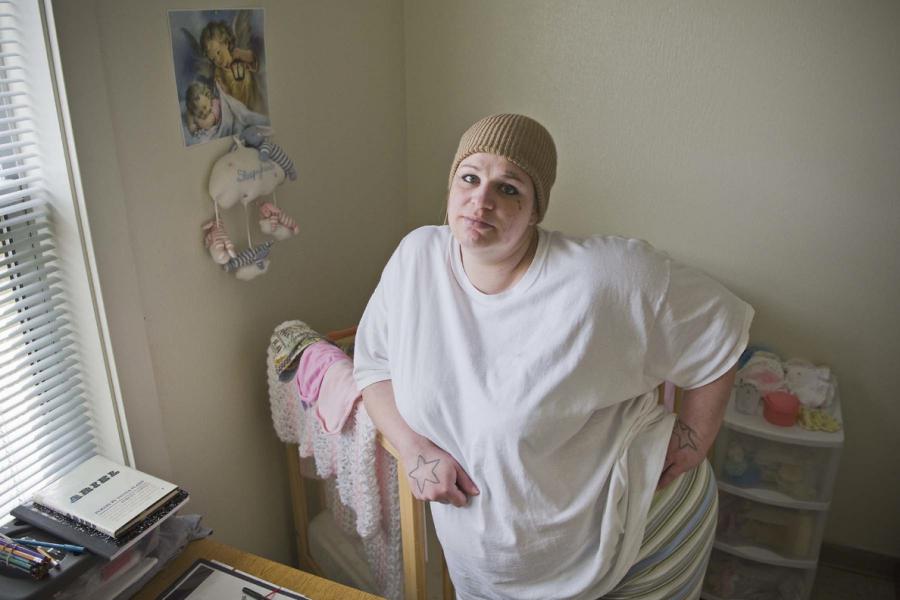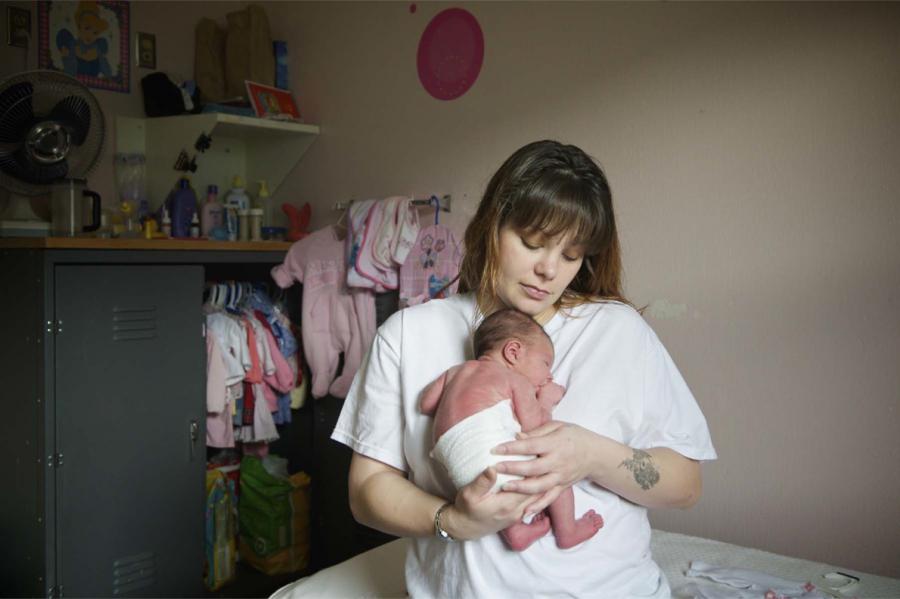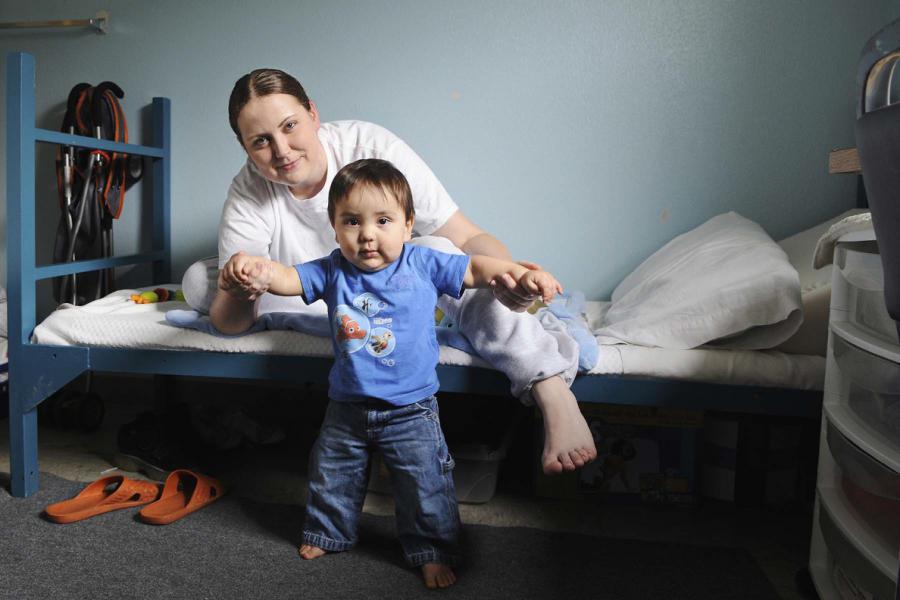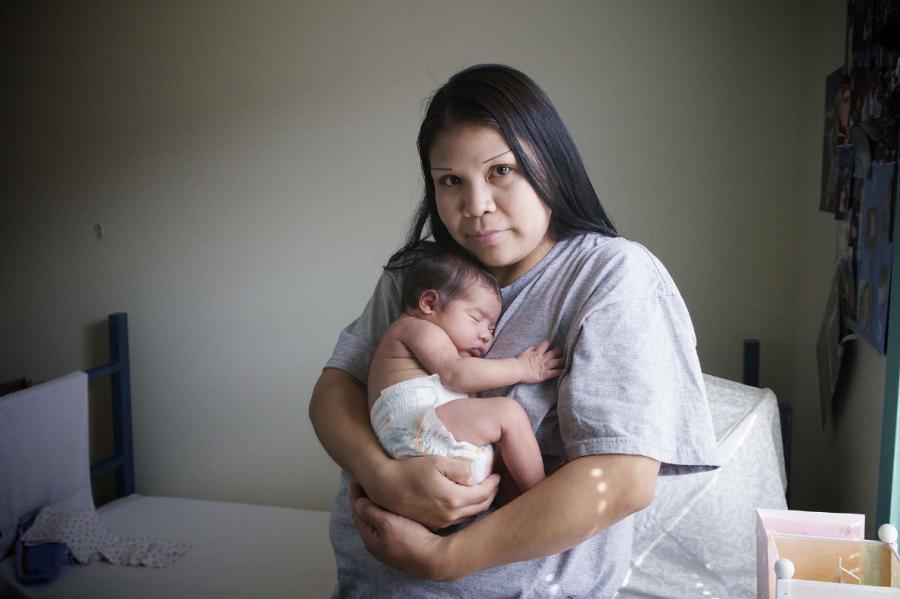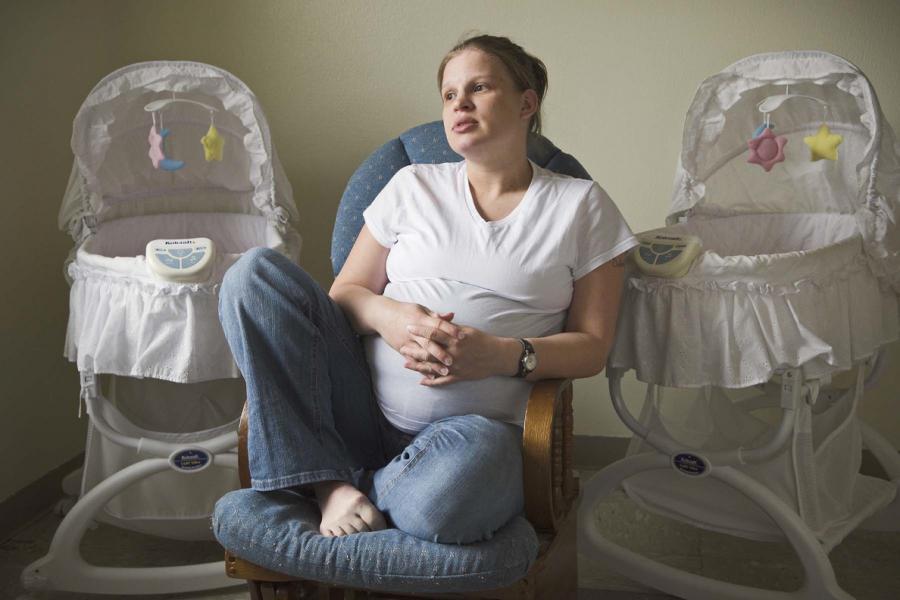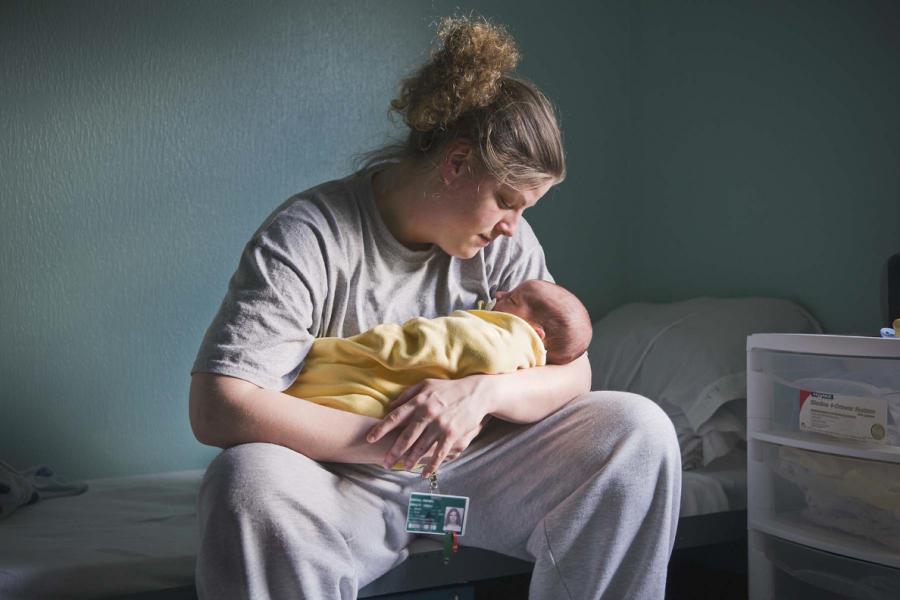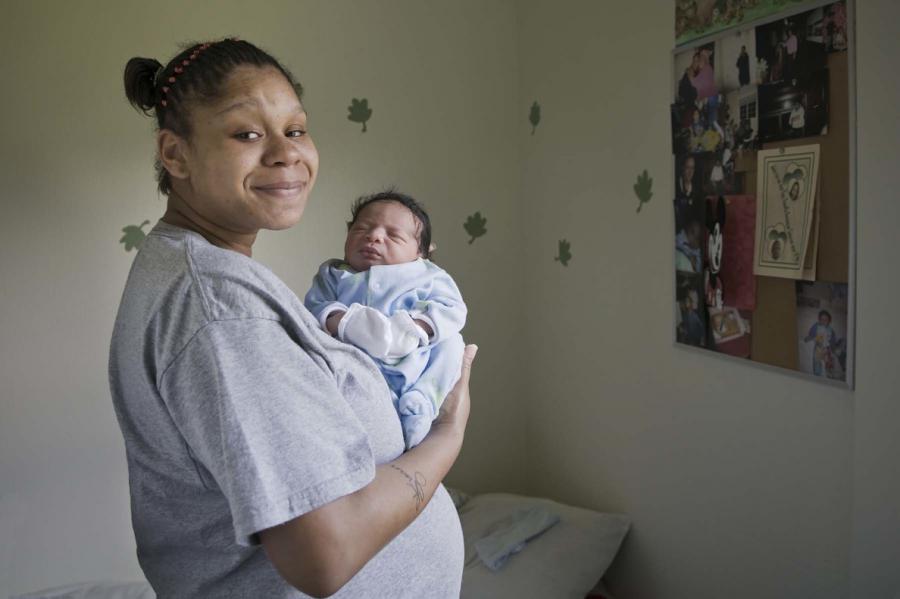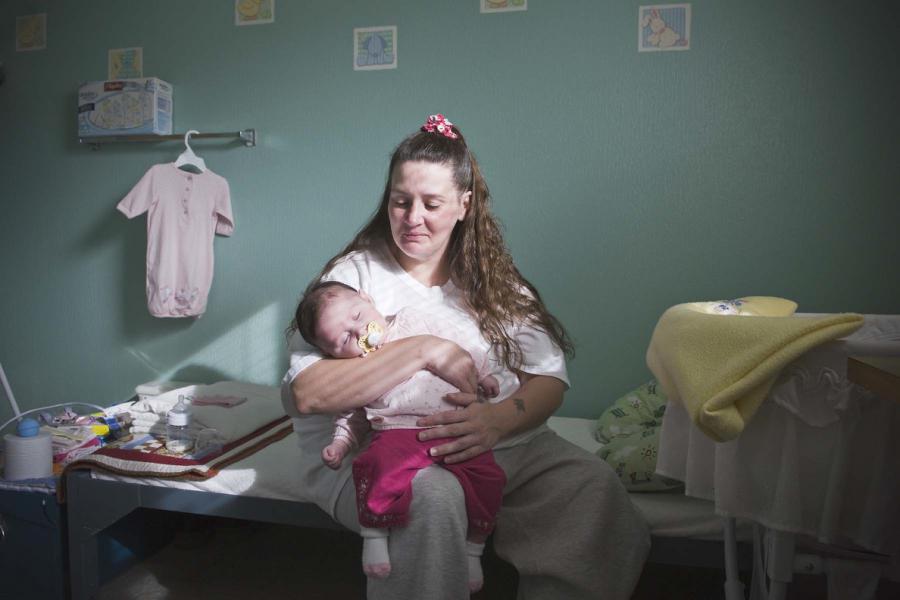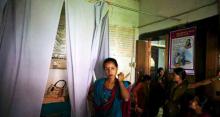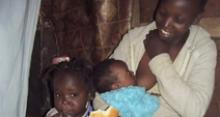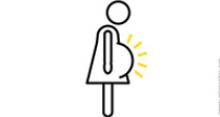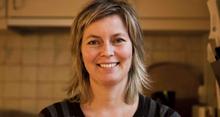Protective Custody
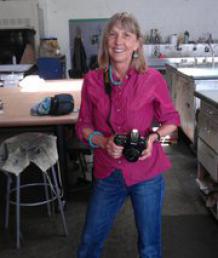
I believe being pregnant and incarcerated is just about as vulnerable as it gets. Prison nursery programs accommodating the special needs of pregnant, incarcerated women are few in our nation. Washington Corrections Center for Women created the Residential Parenting Program in 1999 allowing select non-violent pregnant inmates with relatively short sentences to maintain custody of their babies after giving birth. The mother-baby pair shares a room, supported by volunteer doulas, inmate caregivers, and an Early Head Start program. Conditions for healthy maternal-infant attachment are provided in a safe, enriched environment: protective custody.
Protective Custody: Within a Prison Nursery has been a natural outgrowth of both professional and personal interests. I had been a practicing nurse-midwife before being recruited to perform medical evaluations of children who are victims of abuse. Empowerment of women, birth, and the critical importance of healthy newborn attachment are at the heart of midwifery. Working in the pediatric abuse clinic put me face-to-face with childhoods traumatized by domestic violence, addictions, neglect, and physical, emotional, and sexual abuse. Such histories are risk factors for subsequent drug use and criminal behavior.
Most pregnant women entering prison are separated from their babies after giving birth. Or, from the infants' point of view, separated from their mothers for crimes they did not commit. These early years are critical for forming healthy attachment, the foundation of all aspects of a child's development. Healthy babies have a chance to grow into healthy adults. As Frederick Douglass said, "It is easier to build strong children, than to repair broken men."
There is a decreased recidivism rate from the women who have participated in the RPP, and preliminary findings from research done on two similar programs in New York shows that infants met all developmental mental and motor milestones within the prison setting. Continued support in the community after release is critical to solidify gains made during confinement. This is where any one of us can make a difference.
Cheryl Hanna-Truscott combines her interests and education in anthropology, midwifery and photography to work on advocacy issues promoting Maternal-Infant health. Protective Custody: Within a Prison Nursery was developed through the conviction that incarceration practices in the USA should change to a predominately therapeutic focus rather than a punitive one. For non-violent, pregnant women with relatively short sentences, the prison nursery model decreases recidivism and may decrease intergenerational incarceration. Healthy attachment between the mother-baby pair is encouraged in this protective environment. Secure attachment during the critical first years is the foundation of healthy brain growth and development, which has an enormous, lifelong impact on human potential. Cheryl lives in Gig Harbor, Washington, USA, with her husband, Al and cat, Rico. Three grown children round out her family. For more on Cheryl's project, please visit: www.protectivecustody.org
Related Content
|
This photo essay depicts pregnant women in Nepal and introduces us to the men and women who guide mothers through a healthy delivery. |
This documentary short from Rachael Ouko interviews teen moms living in the Mathare Slums of Nairobi, Kenya, where teen motherhood is common.
|
The organization, Migrantas, gives migrant women and mothers a platform to express their experiences as women in a foreign land. |
Anne is a middle-class mother from Norway – the best country in the world to be a mother, according to the aid agency Save the Children. Nevertheless, her life hasn’t been free from tragedy; she lost one child in labor, despite access to the very best maternal health care. |
